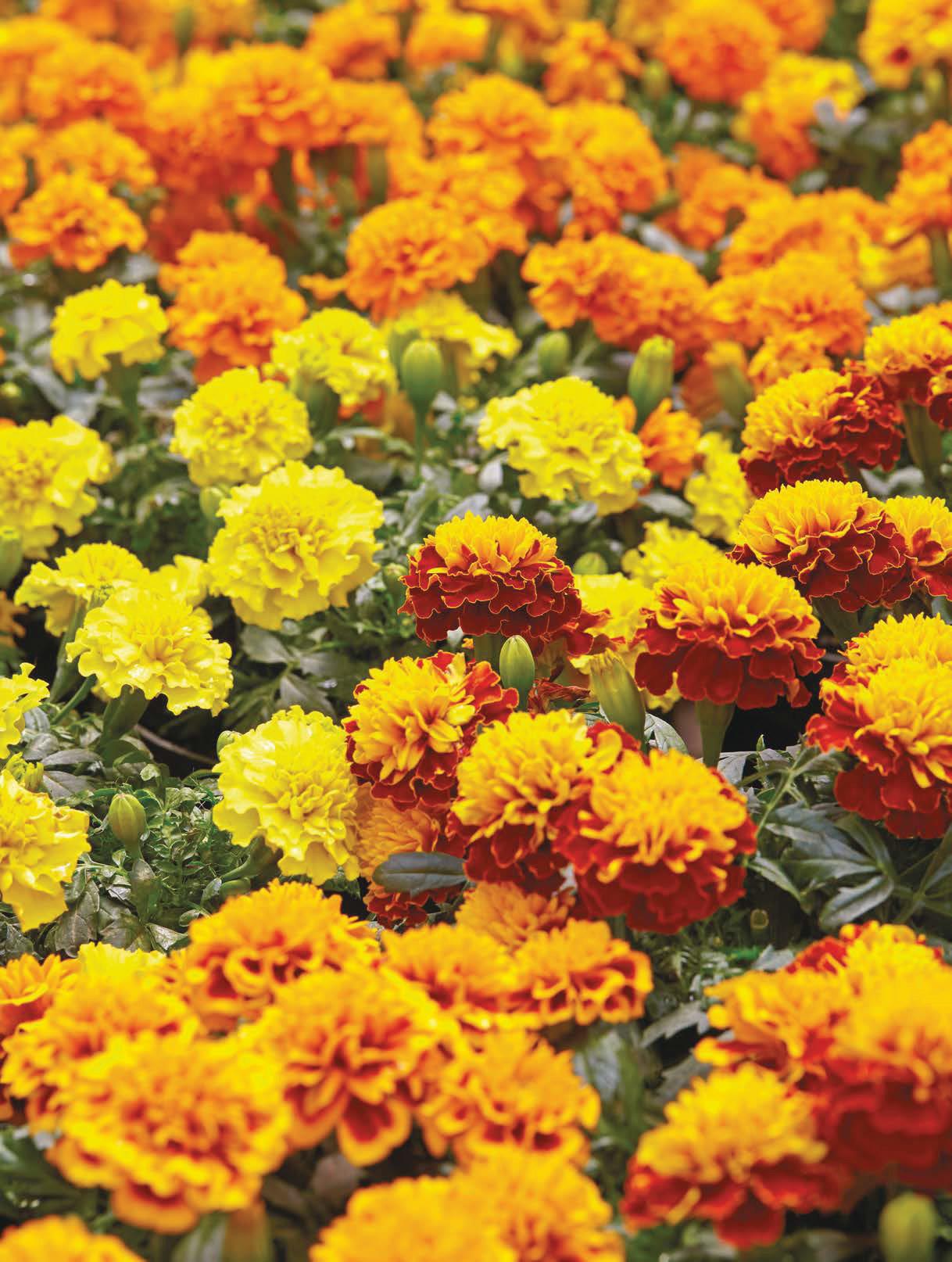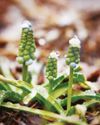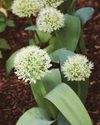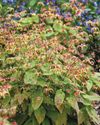
Name a plant that is easy to grow, blooms nonstop from summer through fall, is practically maintenance free and is grown worldwide. If you said "marigold," you would be right. And if you think this plant is boring, let me tell you all the reasons this foolproof flower deserves a spot in every garden.
GLOBAL FLOWERS Because marigolds grow in almost any kind of soil and it's so simple to collect seeds, this Mexican and Central American native has found its way to popularity around the world. Marigold flowers come in shades of yellow, orange, cream and red; the edible flowers' flavors range from citrusy to spicy to bitter, and the dried or fresh petals make delightful additions to a salad or soup. Harvest these long-lasting flowers when the petals have opened fully, but the center is still tight. The blooms make great cut flowers and are easy to dry for everlasting bouquets. The petals are also used in fabric dyes, food coloring and even chicken feed to make egg yolks more yellow.
A MARIGOLD MISCONCEPTION The pungent smell of marigolds is thought to deter many insect pests and animals. Deer do tend to ignore them, while some rabbits find them tasty. But they rarely repel insects. In fact, spider mites and Japanese beetles are so attracted to marigolds that you can actually use the flowers as a trap crop to lure these insects away from vulnerable plants. They also draw in beneficial insects, such as lady beetles and parasitic wasps, and other pollinators that you want in your garden.
Need more reasons to grow marigolds? Keep reading to learn about the different types, including French, American and signet marigolds, and where each one will grow best in your garden.
Marigold
Tagetes spp. and hybrids
This story is from the Issue 173 - October 2023 edition of Garden Gate.
Start your 7-day Magzter GOLD free trial to access thousands of curated premium stories, and 9,000+ magazines and newspapers.
Already a subscriber ? Sign In
This story is from the Issue 173 - October 2023 edition of Garden Gate.
Start your 7-day Magzter GOLD free trial to access thousands of curated premium stories, and 9,000+ magazines and newspapers.
Already a subscriber? Sign In

Backyard Tornado
\"HE WHO SEARCHES FOR SPRING WITH HIS KNEES IN THE MUD FINDS IT, IN ABUNDANCE.\" - ALDO LEOPOLD

Front-of-the-Border "Wow!" Power
When it comes to easy-care plants that bring a lot of punch to the border, 'Ivory Queen' Turkestan onion should be near the top of your shopping list.

GARDEN ESSENTIALS
MAKE GARDENING EASIER THIS YEAR

Elevate an Evergreen Hedge
Although an evergreen hedge looks suitable all year on its own, it's perfectly poised to become something even greater: a backdrop to a garden where flower after flower will unfurl with such drama, you just might find yourself stepping outside and offering your applause.

One Garden, Two Worlds
In this colorful and welcoming garden, sunny, flower-filled front borders transition to a shady backyard hideaway.

on edge
Four garden pros share their go-to edging techniques.

DIANTHUS
Add fragrance, vivid color and timeless charm with this reliable, cold-hardy perennial.

2025's Best New Plants!
Are you ready to start planning for next year's garden? A few new plants might be just what you need to bring those dreams to reality.

Solve Garden Problems With Ground Covers
Are you tired of coaxing turfgrass to grow in difficult spots? In her book Groundcover Revolution, Kathy Jentz says that ground covers can be the solution to these struggles.

The Romance of Spring
With the arrival of spring, emerging perennials fill the garden with soft texture, restoring life to the harsh, often barren landscape of winter.